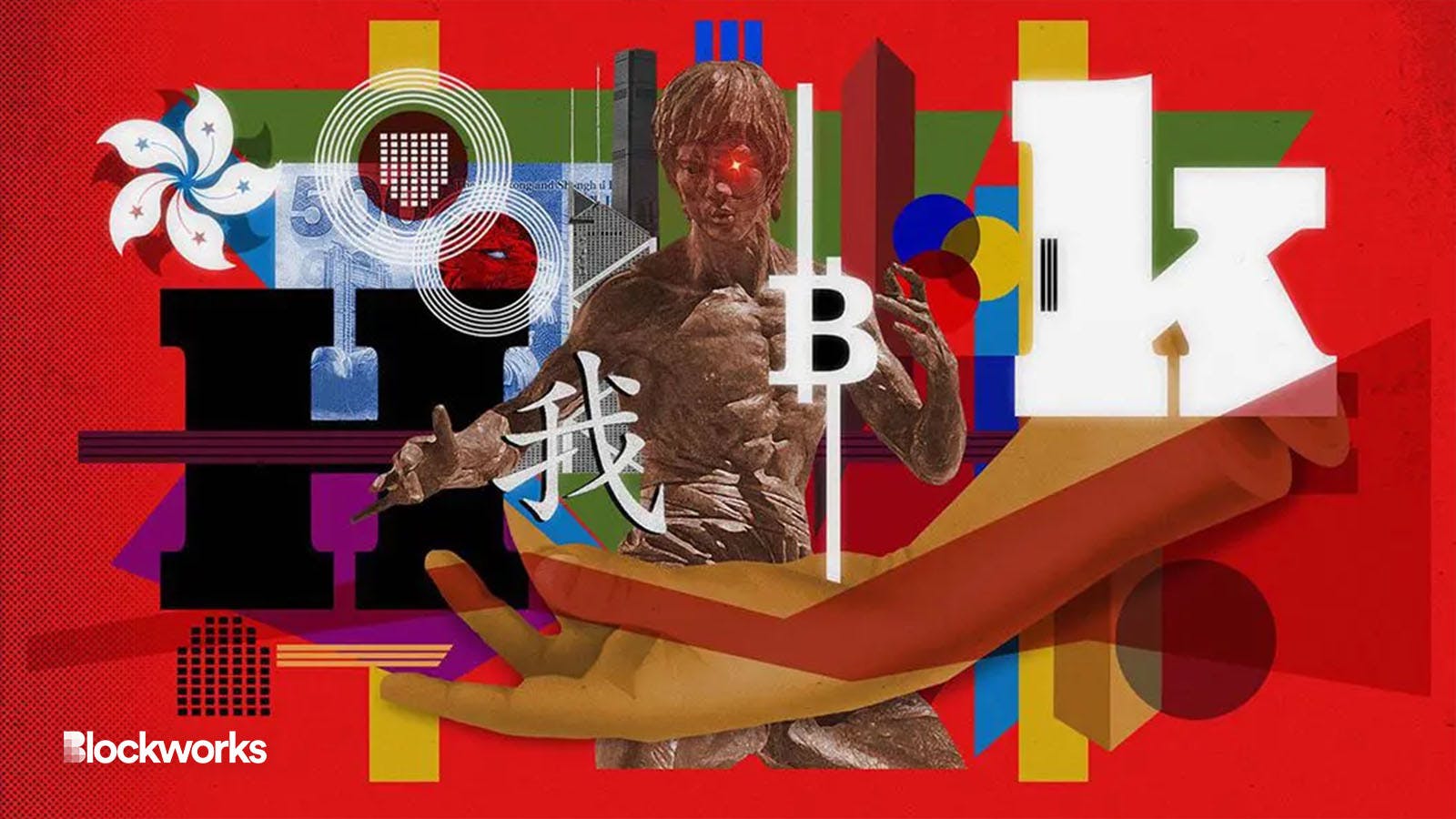Hong Kong Contemplates Ban on Algorithmic Stablecoins
The example set by Terra’s collapse in May of last year has spooked regulators into taking a “risk-based approach” to regulating the stablecoin market

Blockworks exclusive art by Axel Rangel
Hong Kong’s Monetary Authority is weighing whether to implement or amend existing legislation that would effectively ban algorithmic stablecoins within the special administrative region.
The regulatory framework will focus on several key principles, including comprehensive regulation in areas such as ownership, governance and asset management.
Stablecoins that derive their value based on arbitrage or an algorithm will not be accepted into the region’s proposed licensing regime, the central bank said in a conclusion to a previously issued discussion paper on Monday.
The collapse of the Terra ecosystem in May 2022, after infamous algorithmic stablecoin Terra USD (UST) lost its US dollar peg, drew the ire of regulators worldwide. It’s that type of “financial stability risks” the central bank is hoping to contain, it said.
Financial resources requirements, risk management, anti-money laundering, counter-terrorist financing, user protection, regular audits and disclosure requirements are also being considered.
It comes after a discussion paper was issued on the subject in January of last year, which received 58 submissions from stakeholders.
The new law would apply to all entities operating within the jurisdiction, including those conducting a regulated activity and those actively marketing such activity to the public.
Stablecoins targeting the value of the Hong Kong dollar would also fall under the law’s purview.
The value of reserve assets will be required to meet the value of the outstanding stablecoins at all times, and those assets will be required to possess “high quality and high liquidity.”
“Stablecoin holders should be able to redeem the stablecoins into the referenced fiat currency at par within a reasonable period,” the regulator said.
Further detailed consultations with more precise information about the regime will be conducted sometime this year or early next year, according to the discussion paper.
Get the news in your inbox. Explore Blockworks newsletters:
- The Breakdown: Decoding crypto and the markets. Daily.
- 0xResearch: Alpha in your inbox. Think like an analyst.






